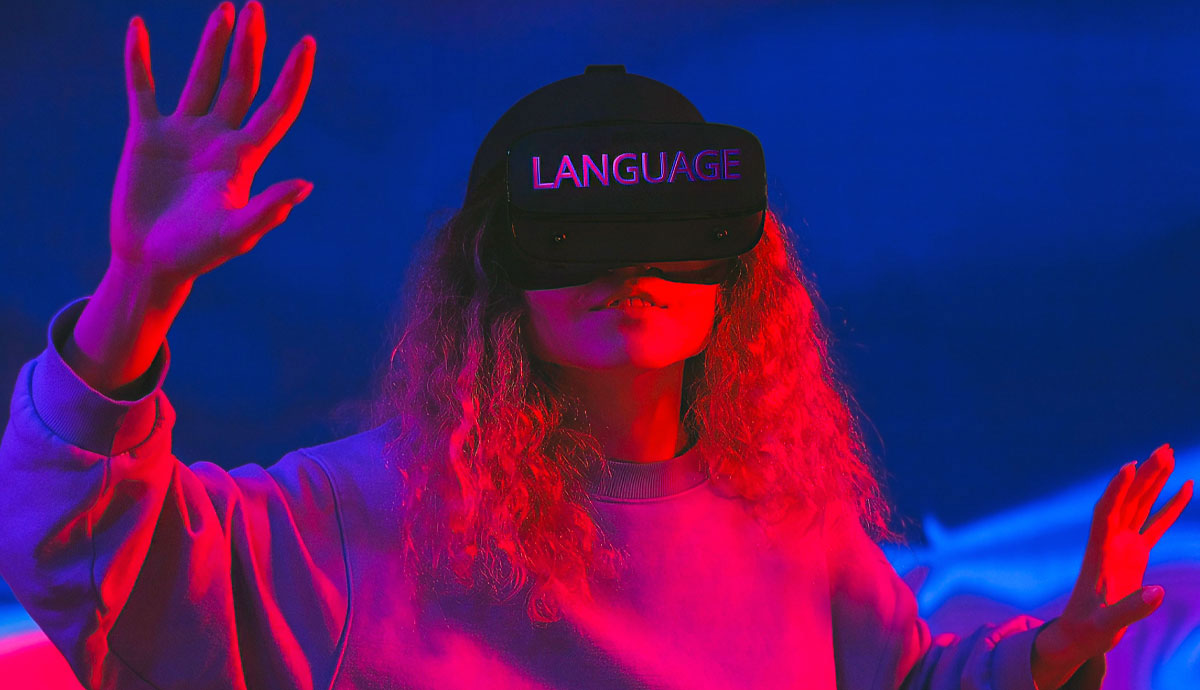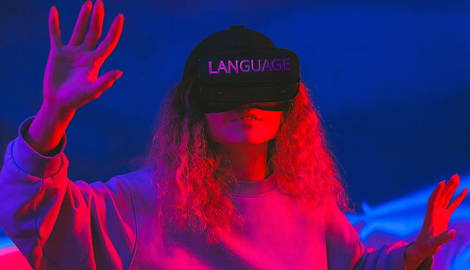
There are over 7000 languages worldwide that constitute over 7000 different ways of experiencing the world. As a symbolic representation of reality, each language is a unique framework for understanding and perceiving the world around us. Today, evidence from cognitive linguistics unveiled the significant role language plays in shaping our thoughts, perceptions, and more.
What Is Linguistic Relativity?

Linguistic relativity is a theory that purports that the language you speak influences how you think and perceive the world. Otherwise known as the Sapir-Whorf hypothesis, linguistic relativity is an umbrella term for various theories that explore the relationship between language and cognition. On the extreme end of linguistic relativity is the theory of linguistic determinism, which contends that language completely determines our cognition. Other theories of linguistic relativity tend to maintain a more moderate view regarding the extent to which language influences our thoughts and experiences. The idea that language influences cognition predates its rigorous formulation in philosophical and scientific discourse.
As early as the 8th century AD, the Roman emperor Charlemagne said: “To speak a second language is to have a second soul”. While the scope of its influence is debatable, there is little disagreement that language fundamentally impacts our cognition in various ways.
How Did The Theory of Linguistic Relativity Develop?

The theory of linguistic relativity developed through the works of distinguished philosophers, linguists, and cognitive scientists. Although formal scientific research on the subject only emerged in the 1950s, the ideas underpinning the theory of linguistic relativity date back to the 19th century. German philosopher and linguist Wilhelm von Humboldt was the first thinker to explicitly propose the theory of linguistic determinism.
In Linguistic Variability and Intellectual Development, he argued that “man lives in the world about him principally, indeed exclusively, as language presents it to him” (Humbolt, 1836). Around 100 years later, prominent linguist Edward Sapir and his student, Benjamin Lee Whorf, revised and expanded Humboldt’s research. Their works were so influential that the theory of linguistic relativity was otherwise called ‘the Sapir-Whorf Hypothesis’.

Both Sapir and Whorf were skeptical of the notion of a ‘real world’ that can be objectively experienced by all people alike. According to Sapir, even simple acts of perception are governed by the language habits of a community, which in turn predispose specific choices of interpretation. Every language thus represents a distinct social reality and constitutes a particular way of experiencing the world. In The Status of Linguistics as a Science, Sapir argued that “the worlds in which different societies live are distinct worlds, not merely the same world with different labels attached” (Sapir, 1929).

Additionally, Whorf argued that the phenomenal world is a constant flux of impressions that we mentally dissect and organize using language. The specific patterns of organizing and interpreting data from the phenomenal world are codified in the linguistic systems of our minds. Language is thus a tacit social agreement within a community of experiencing (i.e. interpreting) the world in the same way. By speaking English, for instance, you consent to experience the world through the patterns inherent in the English language. In Science and Linguistics, Whorf notably remarked that “all observers are not led by the same physical evidence to the same picture of the universe” (Whorf, 1940).
Is There Empirical Evidence for Linguistic Relativity?

Numerous studies yielded empirical evidence for the theory of linguistic relativity. Scientists have initially dismissed the Sapir-Whorf hypothesis in favor of universalism – the theory that language and thought are inherently similar across all cultures. In the past decades, however, a growing body of empirical evidence emerged that supports the claims of linguistic relativity. Researchers in the field of cognitive linguistics launched a series of studies on the cross-linguistic differences in cognition and found that language impacts fundamental cognitive capacities in human beings.

Most notably, Lera Boroditsky conducted a case study on the Kuuk Thaayorre language in Pormpuraaw. Unlike anglophones, Kuuk Thaayorre speakers use cardinal directions (i.e. east, west, north, south, etc.) instead of relative spatial words like left and right. For example, they would say the spoon is southwest of the cup. Cardinal directions are an integral part of their day-to-day language.
Boroditsky found that all Kuuk Thaayorre speakers had an exceptional capacity to remain spatially oriented at all times and places in a way that scientists did not think was humanly possible. She explained that their language has trained and developed this otherwise neglected cognitive skill.
Numerous studies on the experience of time, agency, causality, color, and even gender, echo Boroditsky’s conclusion: “Language plays a causal role in shaping cognition” (Boroditsky, 2011). Each language provides a unique cognitive toolkit and constitutes a different way of perceiving and making sense of the world.
Out of the 7000 languages spoken today, through which language would you like to see the world?










